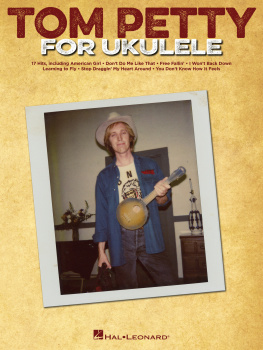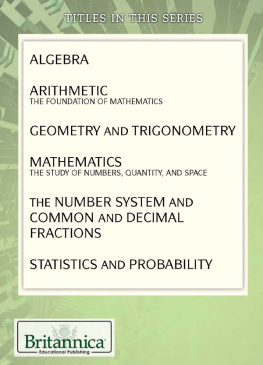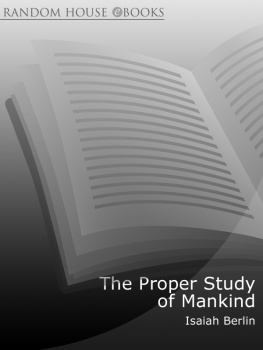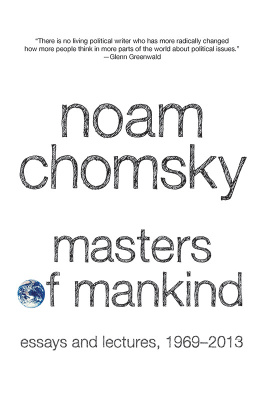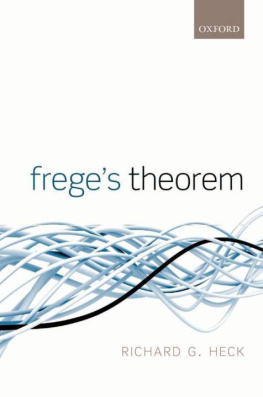INTRODUCTION.
William Petty , born on the 26th of May, 1623, was the son of a clothier at Romsey in Hampshire. After education at the Romsey Grammar School, he continued his studies at Caen in Normandy. There he supported himself by a little trade while learning French, and advancing his knowledge of Greek, Latin, Mathematics, and much else that belonged to his idea of a liberal education. His idea was large. He came back to England, and had for a short time a place in the Navy; but at the age of twenty he went abroad again, and was away three years, studying actively at Utrecht, Leyden, and Amsterdam, and also in Paris. In Paris he assisted Thomas Hobbes in drawing diagrams for his treatise on optics. At the age of twenty-four Petty took out a patent for the invention of a copying machine. It was described in a folio pamphlet On Double Writing. That was in 1647, in Civil War time, and although Petty followed Hobbes in his studies, he did not share the philosophers political opinions, but held with the Parliament. In 1648 he added to his former pamphlet a Declaration concerning the newly invented Art of Double Writing.
Samuel Hartlib, the large-hearted Pole, who in those days spent his worldly means in England for the advancement of agriculture and of education, and other aids to the well-being of a nation, had caused Milton to write his letter on education, as has been shown in the Introduction to the hundred and twenty-first volume of this Library, which contains that Letter together with Miltons Areopagitica. Young Pettys first published writing was a Letter to Hartlib on Education, entitled The Advice of W. P. to Mr. Samuel Hartlib for the Advancement of some Particular Parts of Learning. This appeared in 1648, when Pettys age was twenty-five, and its aim was to suggest a wider view of the whole field of education than had been possible in the Middle Ages, of which schools and colleges were then preserving the traditions, as they do still here and there to some extent. This pamphlet has been reprinted in the sixth volume of the Harleian Miscellany. William Petty wished the training of the young to be in several respects more practical.
His own activity of mind caused him to settle at Oxford, where he taught anatomy and chemistry, which he had been studying abroad. He had read with Hobbes the writings of Vesalius, the great founder of modern practical anatomy. In 1649 William Petty graduated at Oxford as Doctor of Medicine, obtained a fellowship at Brasenose, and practised. In 1650 he surprised the public by restoring the action of the lungs in a woman who had been hanged for infanticide, and so restoring her to life.
Dr. Petty now took his place at Oxford among the energetic men of science who had been inspired by the teaching of Francis Bacon to seek knowledge by direct experiment, and to value knowledge above all things for its power of advancing the welfare of man. The headquarters of these workers were at Oxford, and in London at Gresham College.
In 1650 Petty was made Professor of Anatomy at Oxford, and it is a characteristic illustration of his great activity of mind that he was at the same time Professor of Music at Gresham College. Music had then a high place in the Seven Sciences, as that use of regulated numbers which expressed the harmonies of the created world. The Seven Sciences were divided into three of the Trivium, and four of the Quadrivium. The three of the Trivium concerned the use of speech; they were Grammar, Rhetoric, and Logic. The four of the Quadrivium concerned number and measure; they were Arithmetic, Geometry, Music; and Astronomy, which led up straight to God. Advance to Music might be represented in the students mind by his reaching to a sense of the harmonious relation of all his studies, which, so to speak, lived in his mind as a single well-proportioned thought.
In 1652 Dr. Petty was sent to Ireland as physician to the army of the Commonwealth. While there his active mind observed that the Survey on which the Government had based its distribution of fortified lands to the soldiers had been most inefficiently and absurdly managed. He obtained the commission to make a fresh Survey, which he completed accurately in thirteen months, and by which he obtained in payments from the Government and from other persons interested ten thousand pounds. By investing this in the purchase of soldiers claims, he secured for himself an Irish estate of fifty thousand acres in the county of Kerry, opened upon it mines and quarries, developed trade in timber, and set up a fishery. John Evelyn said of him that he had never known such another genius, and that if Evelyn were a prince he would make Petty his second councillor at least. Henry Cromwell as Lord Deputy in Ireland made Petty his secretary.
Pettys Maps were printed in 1685, two years before his death, as Hiberni Delineatio quoad hactenus licuit perfectissima; a collection of thirty-six maps, with a portrait of Sir William Petty, a work answering to its description as the most perfect delineation of Ireland that had up to that time been obtained. There is a coloured copy of Pettys maps in the British Museum, and also an uncoloured copy, with the first five maps varying from those in the coloured copy, and giving a General Map of Ireland, followed by Maps of Leinster, Munster, Ulster, and Connaught. There was afterwards published in duodecimo, without date, A Geographical Description of ye Kingdom of Ireland, collected from ye actual Survey made by Sir William Petty, corrected and amended, engraven and published by Fra. Lamb. This volume gives as its contents, one general mapp, four provincial mapps, and thirty-two county mapps; to which is added a mapp of Great Brittaine and Ireland, together with an Index of the whole.
At the Restoration William Petty accepted the inevitable change, and continued his service to the country. He was knighted by Charles the Second, and appointed in 1661 Inspector-General of Ireland. He entered Parliament. He was one of the first founders of the Royal Society, established at the beginning of the reign of Charles the Second; and the outcome of these scientific studies along the line marked out by Francis Bacon, which had been actively pursued in Oxford and at Gresham College. In 1663 he applied his ingenuity to the invention of a swift double-bottomed ship, that made one or two passages between England and Ireland, but was then lost in a storm.
In 1670 Sir William Petty established on his lands at Kerry the English settlement at the head of the bay of Kenmare. The building of forty-two houses for the English settlers first laid the foundations of the present town of Kenmare. The population, writes Lord Macaulay, amounted to a hundred and eighty. The land round the town was well cultivated. The cattle were numerous. Two small barks were employed in fishing and trading along the coast. The supply of herrings, pilchards, mackerel, and salmon, was plentiful, and would have been still more plentiful had not the beach been, in the finest part of the year, covered by multitudes of seals, which preyed on the fish of the bay. Yet the seal was not an unwelcome visitor: his fur was valuable; and his oil supplied light through the long nights of winter. An attempt was made with great success to set up ironworks. It was not yet the practice to employ coal for the purpose of smelting; and the manufacturers of Kent and Sussex had much difficulty in procuring timber at a reasonable price. The neighbourhood of Kenmare was then richly wooded; and Petty found it a gainful speculation to send ore thither. He looked also for profit from the variegated marbles of adjacent islands. Distant two days journey over the mountains from the nearest English, Pettys English settlement of Kenmare withstood all surrounding dangers, and in 1688, a year after its founders death, defended itself successfully against a fierce and general attack.






